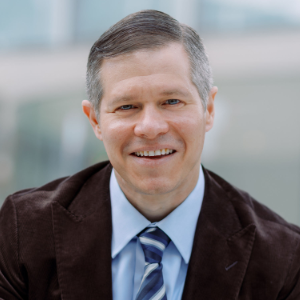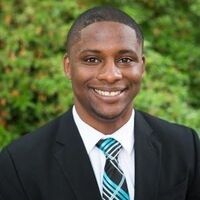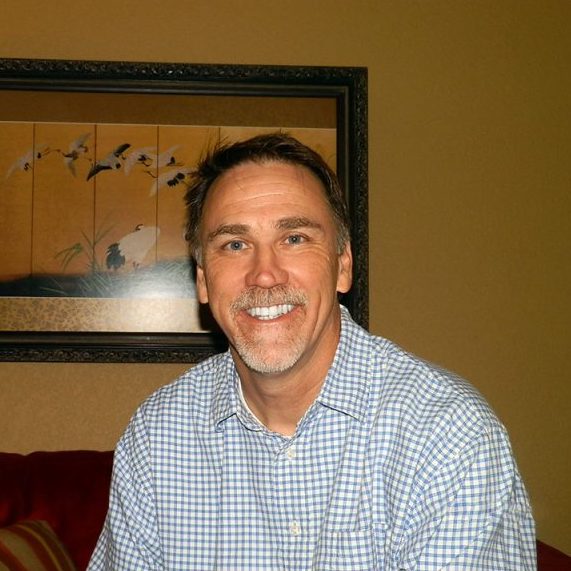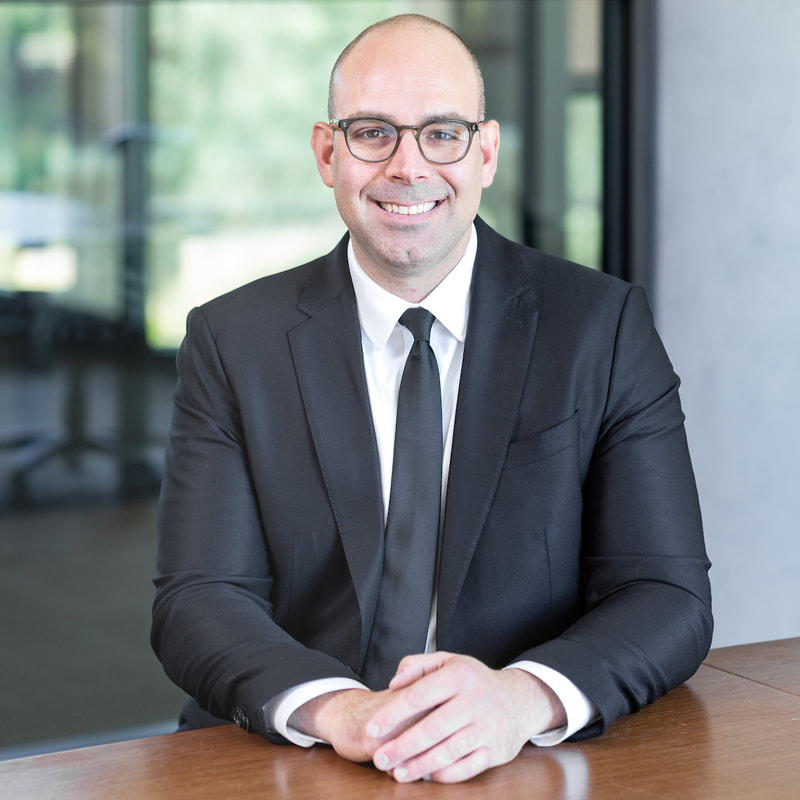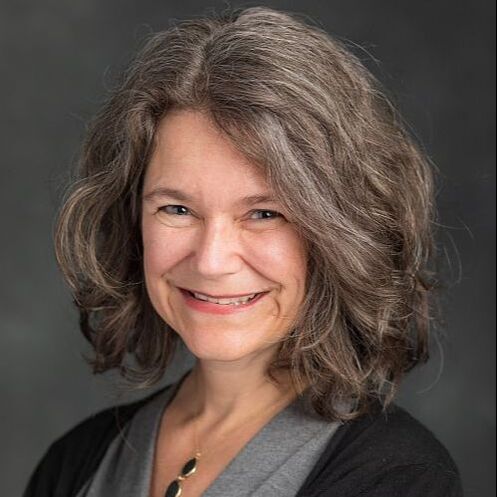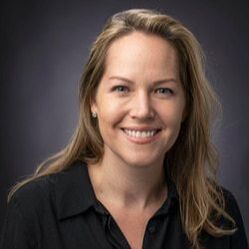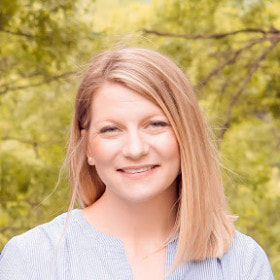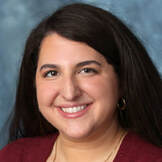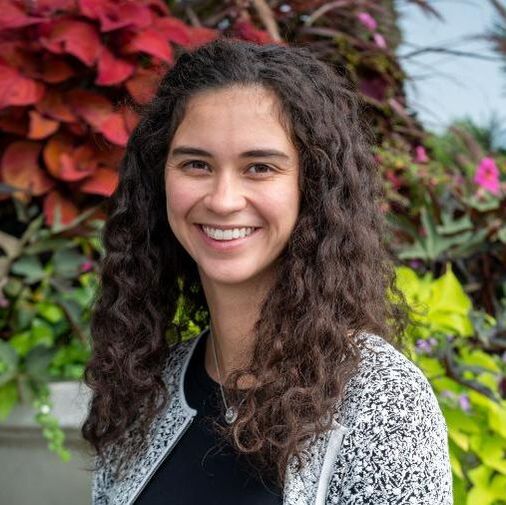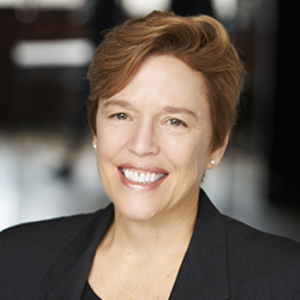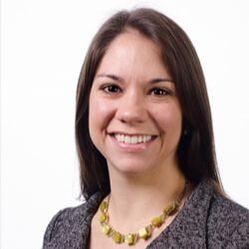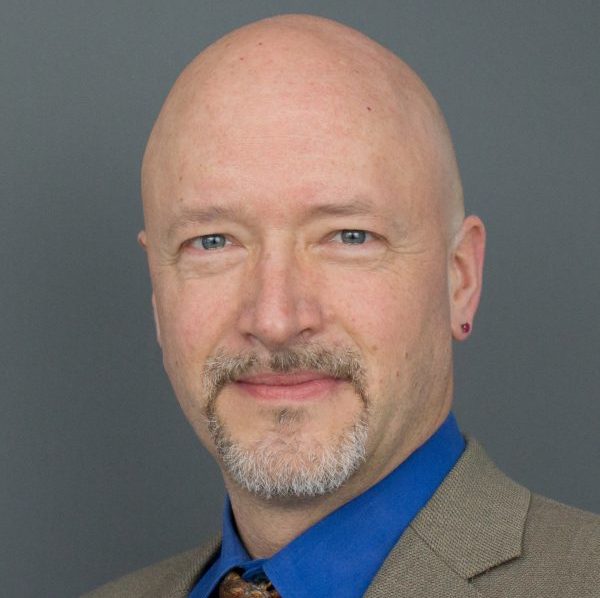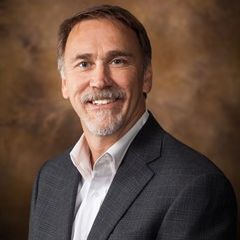JULY 25-27, 2024
We will be providing attendees with the tools necessary to lead a healthy, balanced academic life, as well as those that facilitate producing impactful work. At the Forum, we are mindful of the need to disengage from your work on a regular basis. We have an exciting suite of programming designed to flow at a pace that you find manageable, so that you leave the Forum inspired, restored, and ready to apply what you learned!
Professional Development Team
PROFESSIONAL DEVELOPMENT TRAINING
The Future Directions Forum offers an array of professional development training, delivered by an engaging and expert-laden Professional Development Team. This team delivers advice and knowledge to attendees via an innovative array of practical workshops. All attendees benefit from immersive exposure to our professional development programming.
Professional development workshops
Covering all elements of academic work and life outside of work. In these 75-minutes workshops, we cover myriad topics of interest to attendees at various career stages and include topics relevant to publishing, grants, mentoring, networking, and jobs.
Invited addresses
At each Forum, four leaders in the field who recently published Future Directions articles at JCCAP give formal addresses on the “next steps” of scientific research in their area of expertise. These addresses are based on the content of Future Directions articles written by the speakers. We are excited to announce the line up for our 2024 Future Directions Addresses!
POST-ADDRESS BREAKOUT DISCUSSIONS
Following each Future Directions Address, breakout discussions serve as “brainstorming sessions” for new science that builds on research covered in the address. Attendees choose from one of several breakout discussions led by members of the Professional Development Team with expertise in the Future Directions content. In advance of the Forum, breakout discussion leaders identify publically available resources for new research (e.g., public datasets, funding announcements). In turn, these breakout discussions yield “deliverables” in that attendees receive guidance on developing research aims, and strategies for securing data or funding to test these aims. This format sparks “omnidirectional” discussions among breakout leaders and attendees about new science linked to the addresses.
Talks-To-Tales Series
Using tried and true methods for learning narrative structure and applying it to academic work, at the Forum we have created several workshops focused on applying this structure to various forms of academic work. Inspired by these workshops, we developed the Talks-to-Tales Series. The goal of this series is to provide attendees with an innovative format for receiving mentorship on how to apply narrative structure to works-in-progress.
Presenters learn how to apply frameworks developed by Olson (2015) and De Los Reyes (2020) to specific work products (i.e., manuscript, grant application, job talk, research statement for tenure dossier), based on research described in a short presentation delivered at the Forum. Each presenter will deliver a talk consisting of: (a) a 5-10 minute presentation of the work, (b) an “elevator pitch” (i.e., 30-second) description of what they want to produce from the work, and (c) a 15-20 minute period where a moderator with expertise on narrative structure works with the audience to “crowdsource” advice on how to optimize the narrative structure or storytelling elements of the work.
We intentionally developed the Talks-to-Tales Series in a way that would ensure that presenters traverse career stages. By doing so, we also sought to create a dynamic atmosphere wherein presenters not only receive mentoring and guidance about their own work, but also receive opportunities to mentor colleagues who are also delivering presentations within the Talks-to-Tales Series.
Presenters learn how to apply frameworks developed by Olson (2015) and De Los Reyes (2020) to specific work products (i.e., manuscript, grant application, job talk, research statement for tenure dossier), based on research described in a short presentation delivered at the Forum. Each presenter will deliver a talk consisting of: (a) a 5-10 minute presentation of the work, (b) an “elevator pitch” (i.e., 30-second) description of what they want to produce from the work, and (c) a 15-20 minute period where a moderator with expertise on narrative structure works with the audience to “crowdsource” advice on how to optimize the narrative structure or storytelling elements of the work.
We intentionally developed the Talks-to-Tales Series in a way that would ensure that presenters traverse career stages. By doing so, we also sought to create a dynamic atmosphere wherein presenters not only receive mentoring and guidance about their own work, but also receive opportunities to mentor colleagues who are also delivering presentations within the Talks-to-Tales Series.
Forum Science Social
A catered social event which showcases the latest research from early career scientists. Enjoy a drink while networking with attendees, internationally renowned speakers and professional development team.
Poster Presentations
Before the Forum, early career scientists submit abstracts of their research, and at the Forum, they make poster presentations of this research during a catered social event. In advance of the Forum, we prompt presenters via email to upload a single-slide PowerPoint file of their presentation. We integrate these files into our own digital system to have them ready to present during the Forum Science Social. We render these poster presentations in a 100% digital environment, saving presenters both time and money. Further, this event provides early career scientists with opportunities for “one-on-one” time with the internationally recognized scientists who serve as invited speakers during the Forum.
Personalized consultations
Speak with seasoned professionals about your own work, from ongoing projects, manuscripts, and grant applications to graduate school applications through various small-group meetings (e.g., Pocket Lab) or one-on-one meetings (e.g., Editor's Corner).
2024 Address Speakers
|
Timothy Cavell, Ph.D.
(University of Arkansas) --- Future Directions in Mentoring and Youth Mental Health |
Henry Willis, Ph.D.
(University of Maryland at College Park) --- Future Directions in Culturally Responsive Telepsychology and Health |

